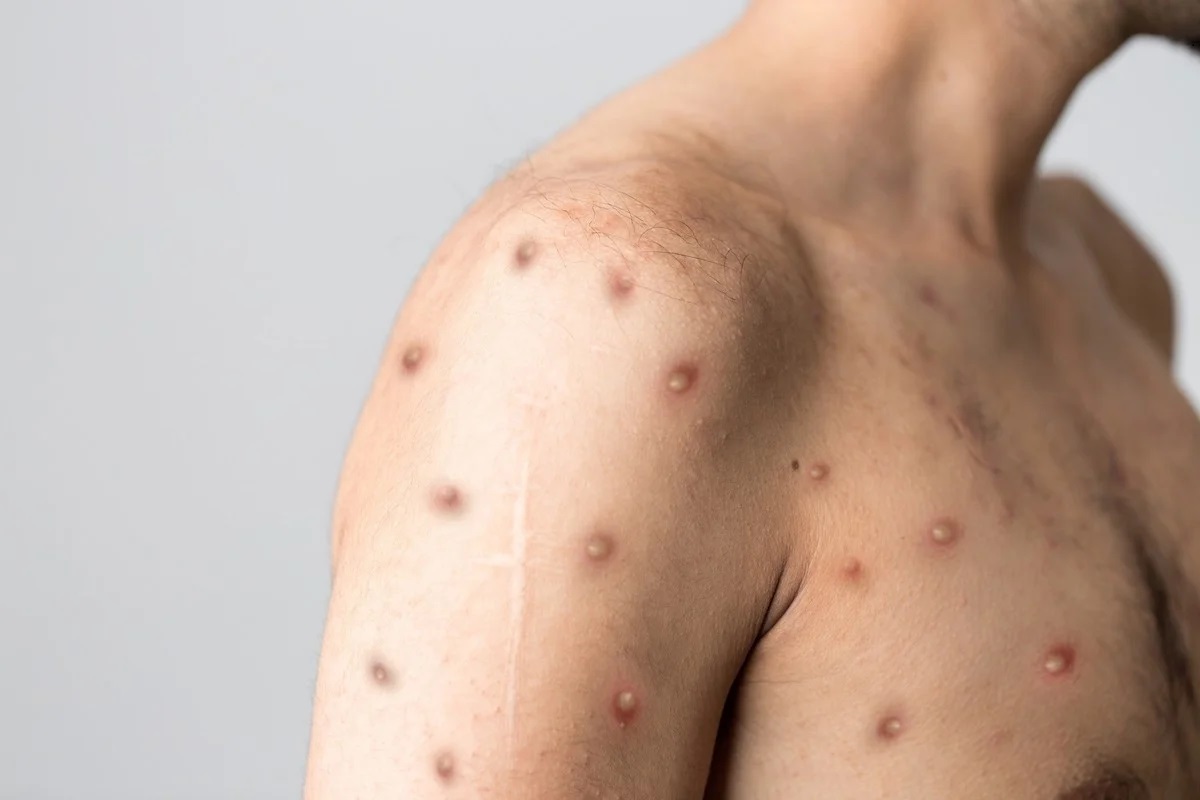INTERNATIONAL: The World Health Organization (WHO) on Saturday activated its highest alert level for the growing MonkeyPox outbreak, declaring the virus a public health emergency of international concern, WHO Director-General Tedros Adhanom Ghebreyesus said.
The WHO label - a "public health emergency of international concern (PHEIC)" - is designed to trigger a coordinated international response and could unlock funding to collaborate on sharing vaccines and treatments.
Members of an expert committee that met on Thursday to discuss the potential recommendation were split on the decision, with nine members against and six in favour of the declaration, prompting Tedros himself to break the deadlock, he told reporters.
"WHO's assessment is that the risk of MonkeyPox is moderate globally and in all regions, except in the European region where we assess the risk as high. There is also a clear risk of further international spread, although the risk of interference with international traffic remains low for the moment. So in short, we have an outbreak that has spread around the world rapidly, through new modes of transmission, about which we understand too little, and which meets the criteria in the International Health Regulations. For all of these reasons, I have decided that the global MonkeyPox outbreak represents a public health emergency of international concern."
"Although I am declaring a public health emergency of international concern, for the moment this is an outbreak that is concentrated among men who have sex with men, especially those with multiple sexual partners," Tedros Director-General, World Health Organization (WHO) told in a media briefing in Geneva.
"Stigma and discrimination can be as dangerous as any virus," he added.
He said the risk of MonkeyPox - which spreads via close contact and tends to cause flu-like symptoms and pus-filled skin lesions - was moderate globally, except in the Europe, where the WHO has deemed the risk as high.
Cases of the viral disease have ballooned since the committee first met at the end of June, when there were only about 3,000 cases. So far this year, there have been more than 16,000 cases of MonkeyPox in more than 75 countries, and five deaths in Africa.
One of the key issues driving a reassessment was whether cases would spread to other groups, particularly children or others who have been vulnerable to the virus in past outbreaks in endemic countries.
On Friday, the United States identified its first two MonkeyPox cases in children.
WHO officials said on Saturday they were exploring the possibility of the virus spreading via new modes of transmission.

























